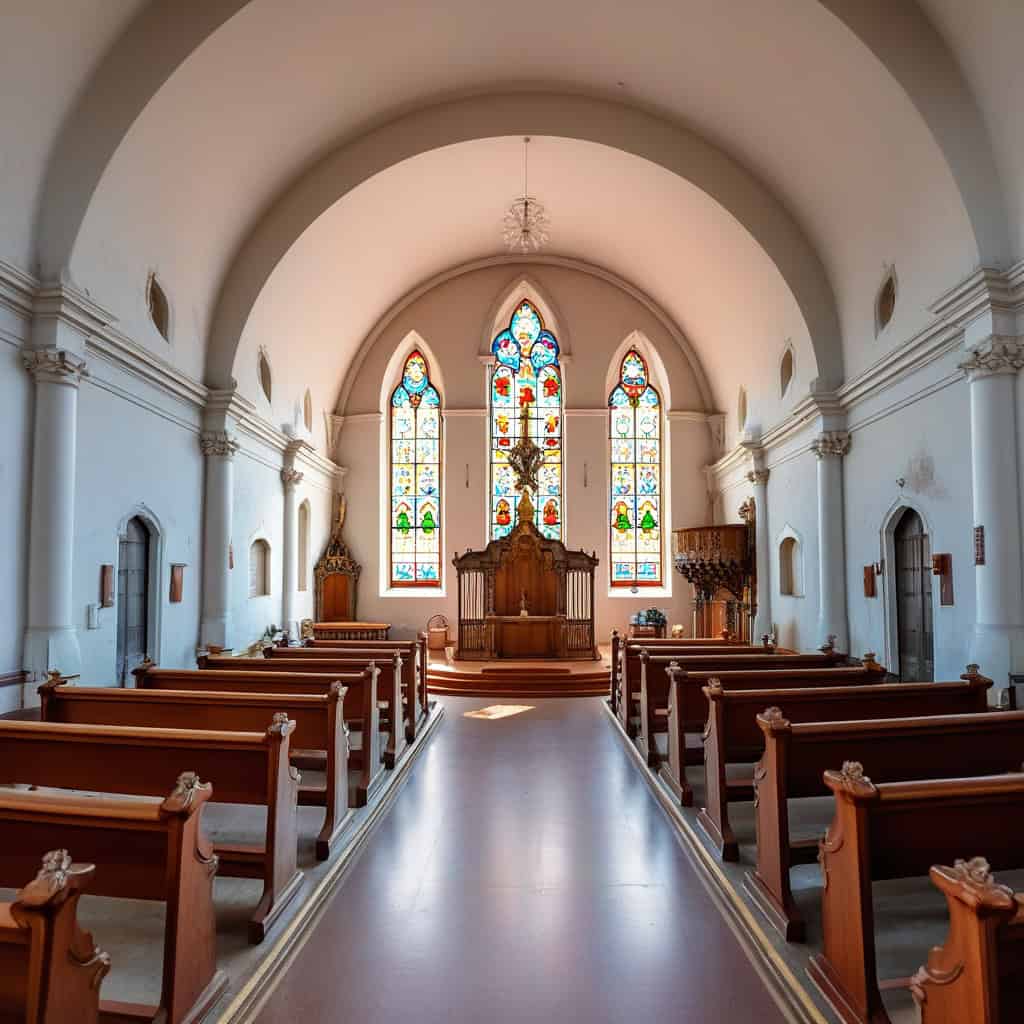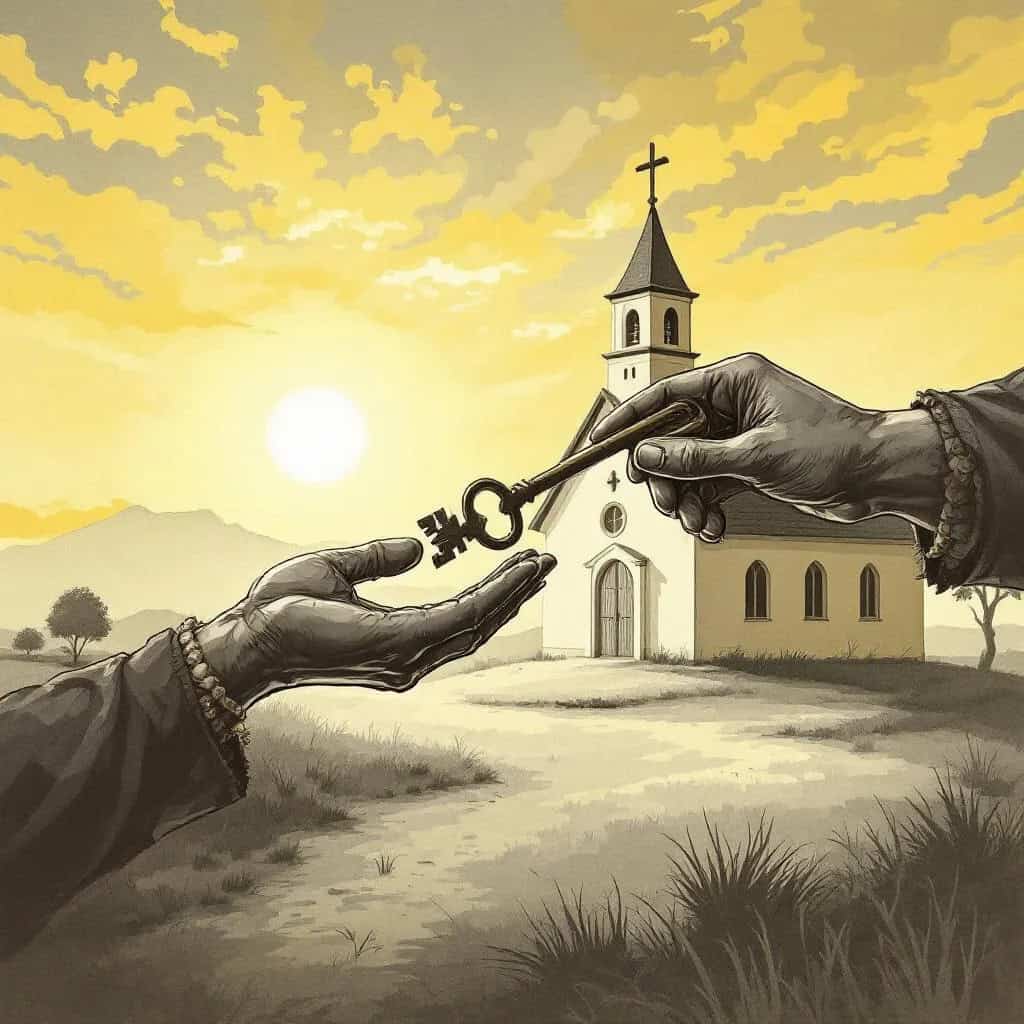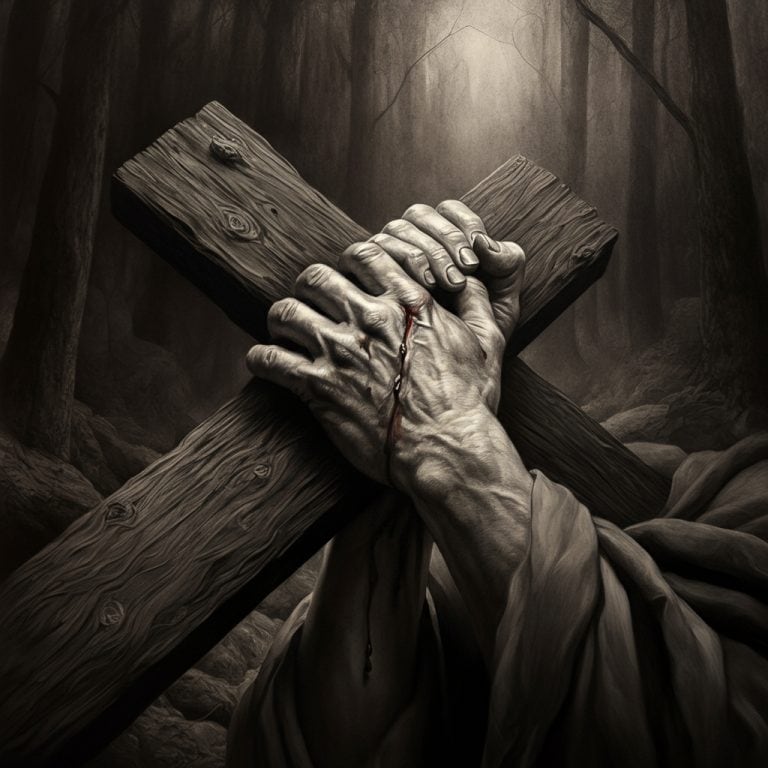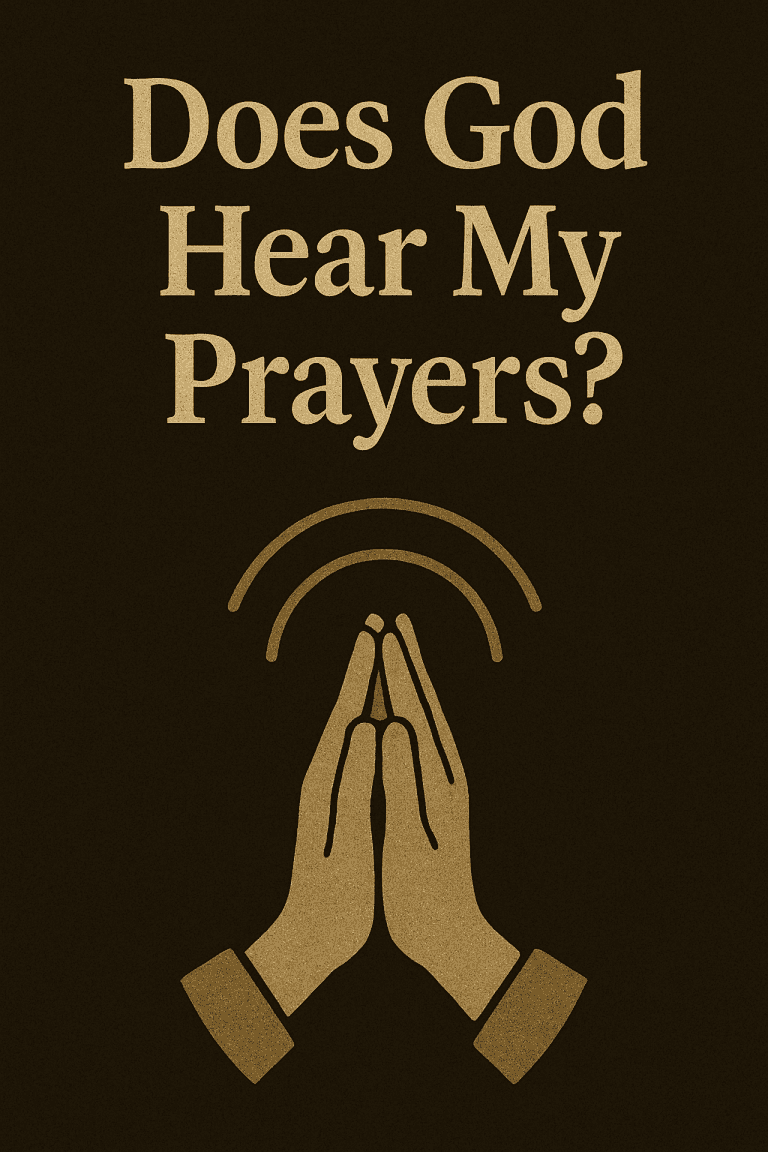Dying Churches Should Give, Not Sell: Let the Kingdom Live
Why congregationally owned Baptist churches should transfer property to thriving believers for the Gospel’s sake

A Sacred Trust or a Sacred Tomb?
Dying churches aren’t hard to find. You’ve seen them—white clapboard sanctuaries with peeling paint, empty parking lots, and a bulletin still pinned from months ago. Across the country, once-vibrant congregations are dwindling to a few faithful saints sitting in silence. The cross still stands. The pews still face the pulpit. But the Gospel no longer rings out as it once did.
These aren’t just statistics. They are spiritual homes—built by sacrifice, prayer, and deep conviction. But here’s the hard truth: some churches are not in need of revival. They’re at the end of their life. That’s not a judgment. It’s simply the truth.
And when that day comes, the decision that follows may define their legacy:
Will they close with clenched fists—or open hands?
Will they let the Gospel work die with them—or hand off the building to those who can still carry it forward?
Dying Churches Are Everywhere—and the Trend Is Growing
According to Lifeway Research, the Southern Baptist Convention lost over 1,200 churches in 2022. That’s more than two per day—and the closures keep coming. At the same time, over 45% of SBC churches average fewer than 50 in attendance, and 92% average fewer than 250.
Many of those churches still own a building. Some have land. Some are debt-free.
But they no longer have the people to keep going.
That’s where the real decision comes:
Do we sell the property, donate the money, and call it noble? Or do we give the keys to a living, breathing congregation who can preach Christ in that same place again?
This Is Not Just About Land—It’s About Legacy
Church buildings aren’t investments. They’re a sacred trust.
Men and women tithed wages, cleared land, laid bricks, and prayed in circles for years to see those sanctuaries built. They didn’t give their money and energy to start a nonprofit. They gave to build a place where the gospel would go forward—generation after generation.
And when that generation runs out, we owe it to them to ask:
What happens next?
If we sell the building to developers, or liquidate the assets to donate to general causes, the mission ends at the property line.
But if we hand that building over—at no cost—to another gospel-preaching church, the mission continues. Souls still hear the Word. Baptisms still happen. Christ is still lifted high—on the same foundation others paid to build.
The Better Model: Transfer, Don’t Liquidate

Here’s what faithfulness looks like:
In Lima, Illinois, a small Baptist congregation made the hard but holy decision to close. In 2012, they voted 24–4 to give their building to a growing church—The Crossing Church. That property became a thriving campus. New believers. New baptisms. New life. Same location.
That’s legacy. That’s stewardship.
Now contrast that with Trinity United Church of Christ in Pennsylvania. When they closed in 2024, they sold the building and donated nearly $400,000 to community organizations and charities. Noble? Sure.
But the Gospel no longer has a pulpit in that neighborhood. The building is gone. The work is over.
Charity is good. But the Great Commission is better.
If there’s a faithful, local church in need of space—give them the building. Let the mission continue.
Common Objections—and Biblical Clarity
“But we paid for this!”
Yes, you did. But you paid it unto the Lord. You didn’t buy stock – you built a church. You gave to Gospel work. The best return on that investment is more Gospel work—even if your name isn’t on it.
“What if they change the name or style?”
Let them. What matters is the message, not the brand. If Christ is preached and the Word is honored, then the legacy remains—because God is still being glorified in that space.
“They’re not the same denomination.”
Ask a better question: Do they believe the Gospel? Do they preach the Bible? Do they make disciples?
If the answer is yes, they are your spiritual family. And it is better to entrust the building to family than to forfeit it to secular use.
The Final Act of Faithfulness
Some churches are called to plant. Some are called to grow.
And some, at the end of a faithful season, are called to give.
- Not give to a fund.
- Not give to a cause.
Give the Gospel another generation by giving another church the place to preach it.
Don’t die with your hands clenched around the past.
Die with your hands open toward the future.
Conclusion: Die Like a Church, Not a Nonprofit
The church is not a foundation. It’s a body.
And when that body can no longer breathe, the faithful thing isn’t to preserve its bones—it’s to give its lungs to another.
The Gospel deserves more than a payout. It deserves continuity.
“Unless a grain of wheat falls into the earth and dies, it remains alone. But if it dies, it bears much fruit.” (John 12:24)
So bear fruit. Even in death.
Don’t sell the building.
Give it.
To the next church. The next preacher. The next harvest.
Let the Kingdom live—where your church once stood.
Walt Roderick is a Christian writer who cares more about biblical clarity than online applause. He writes to strengthen believers and confront spiritual drift.






